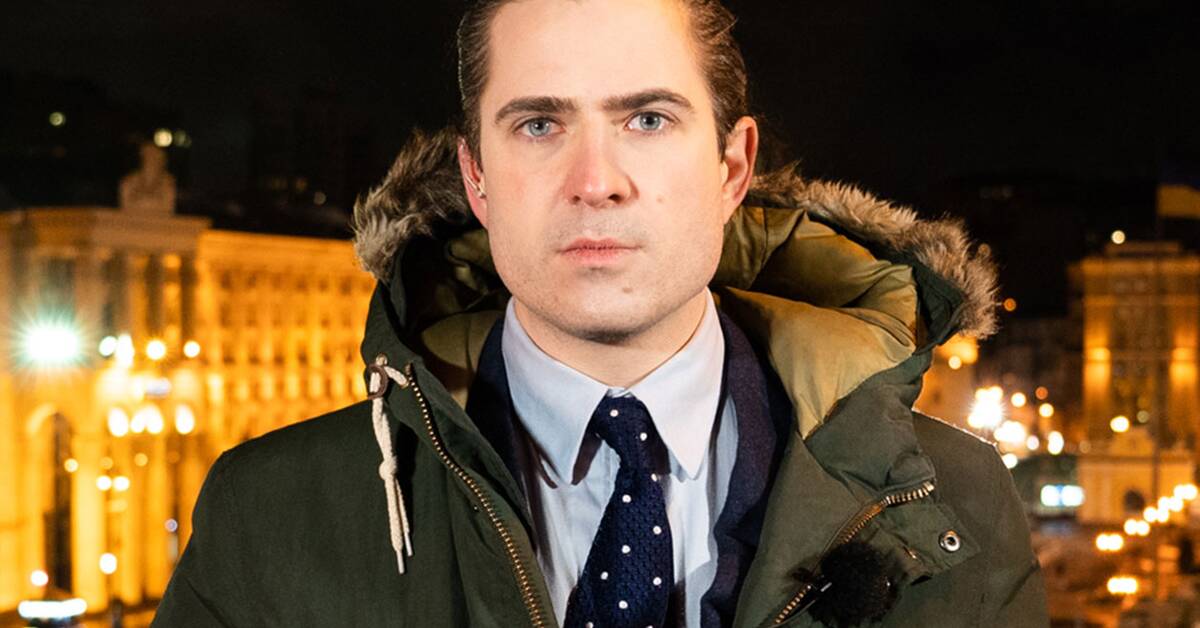Most Searched Questions About Israel and Hamas
What is the conflict about?
28 sec
What is Sweden's position?
24 sec
Why is it happening now?
1 min
Can there be peace?
41 sec
How much support does Hamas have?
43 sec
How strong is Israel's military?
27 sec
How strong is Hamas?
44 sec
What other countries are involved?
50 sec
"Is Prime Minister Netanyahu responsible for this situation? Because this colossal...
The Israeli journalist doesn't even have time to finish his question before Israel's president, Isaac Herzog, replies:
"We're not dealing with that issue now. I'm sure all Israelis are familiar with this discussion, but I'm not doing it right now.
The "discussion" that the president describes at the press conference in Jerusalem to which SVT and a number of other journalists, domestic and foreign, were invited, is the one about how it was possible for the terrorist organization Hamas to carry out such an extensive attack on Israel. An attack that the president just minutes earlier had described as the worst mass killing of Jews he had heard of since the Holocaust. And who is really responsible.
Not the blame for the attack on civilians itself, of course. No one here is saying anything other than that it is the responsibility of the Palestinian armed groups that carried it out. Nor is the responsibility in a broader sense of the increasingly tense situation and the conflict in general. But the responsibility for the fundamental failure of the Israeli authorities tasked with defending the citizens.
Harsh words against Netanyahu
Outside the president's residence, a handful of women stand with placards listing the dead, injured and kidnapped. Whose fault is it, if you ask the women who describe themselves as far left? Yes, "Satanyahus."
Dania, whom I talk to outside the presidential residence in Jerusalem, makes sure I understand the pun, and then begins to list criticism of the prime minister and his right-wing government.
"But yes, you know that too – he was warned by the Egyptians," she says.
Egypt says it warned Israel of a terrible and impending threat in some form. Embarrassing for Netanyahu, who even in his address to the nation felt compelled to respond to it and dismiss the claim flatly. But the Egyptians have stood their ground, and now even the chairman of the U.S. House of Representatives, Michael McCaul, says that such a warning came from Egypt three days before the attacks.
May have avoided acute political crisis
In the Israeli media, analysts are asking whether Netanyahu's premiership can survive this crisis. The fact that this brutal attack took place with him in power is seen as a major blow to a political leader who has built an image as "Mr. Security".
Netanyahu may have avoided an immediate political crisis by forming a unity government and a war cabinet that also includes opposition leader Benny Gantz. In the traumatized and shocked state of Israel, there are also many who call for unity, and for a disregard for domestic political conflicts.
Just in the fifteen minutes I speak to the women outside the presidential residence, several swing by to scold and accuse them of sowing division. A taxi driver with a sulphurous tirade insults. A mild-mannered, English-speaking man in a blue shirt who says that a relative was killed on Saturday.
Netanyahu has also shown himself to be a political survivor of great proportions, who time and time again manages to cling back to the top.
That was even when many, though probably with the support of some wishful thinking, counted him out. But Israelis I talk to here say that once the acute grief and anger has subsided, the question of who knew what when, and where the Israeli authorities really failed, could become a matter of fate for Israel's leaders.

